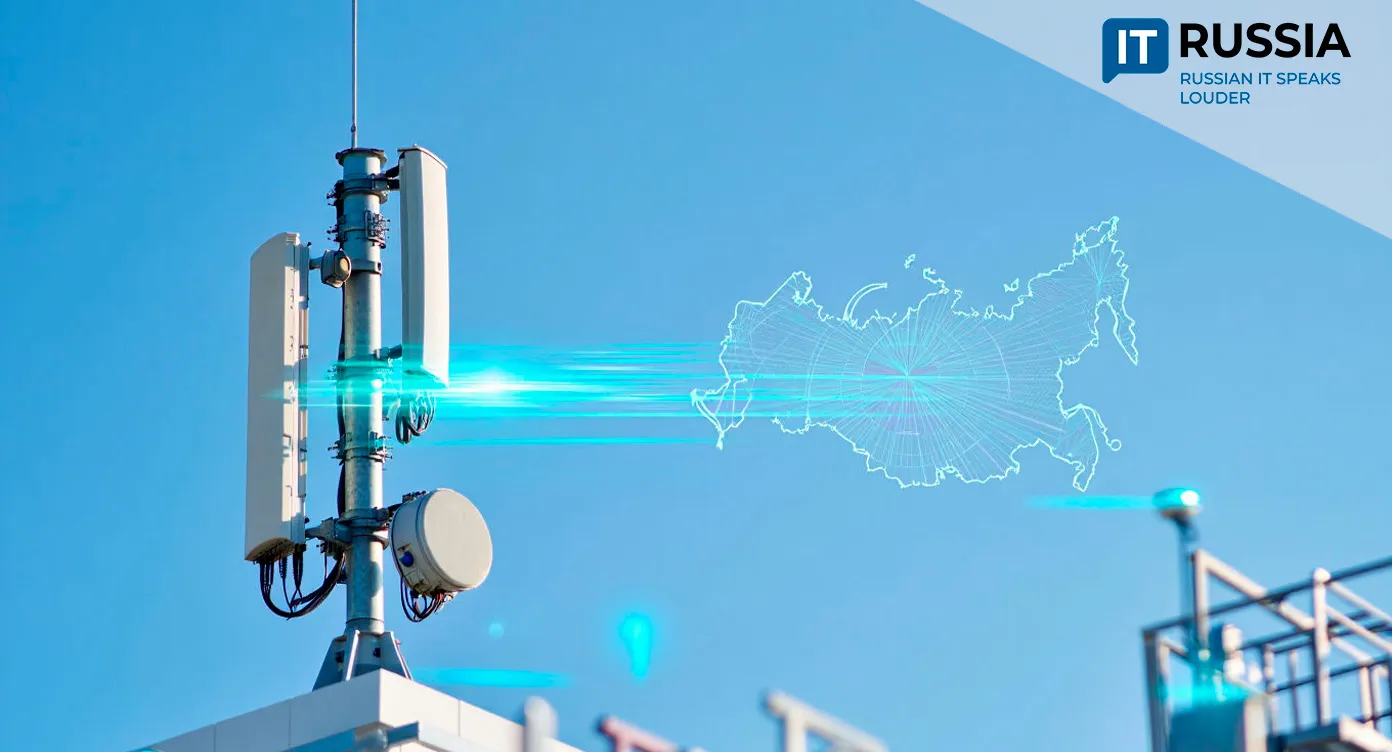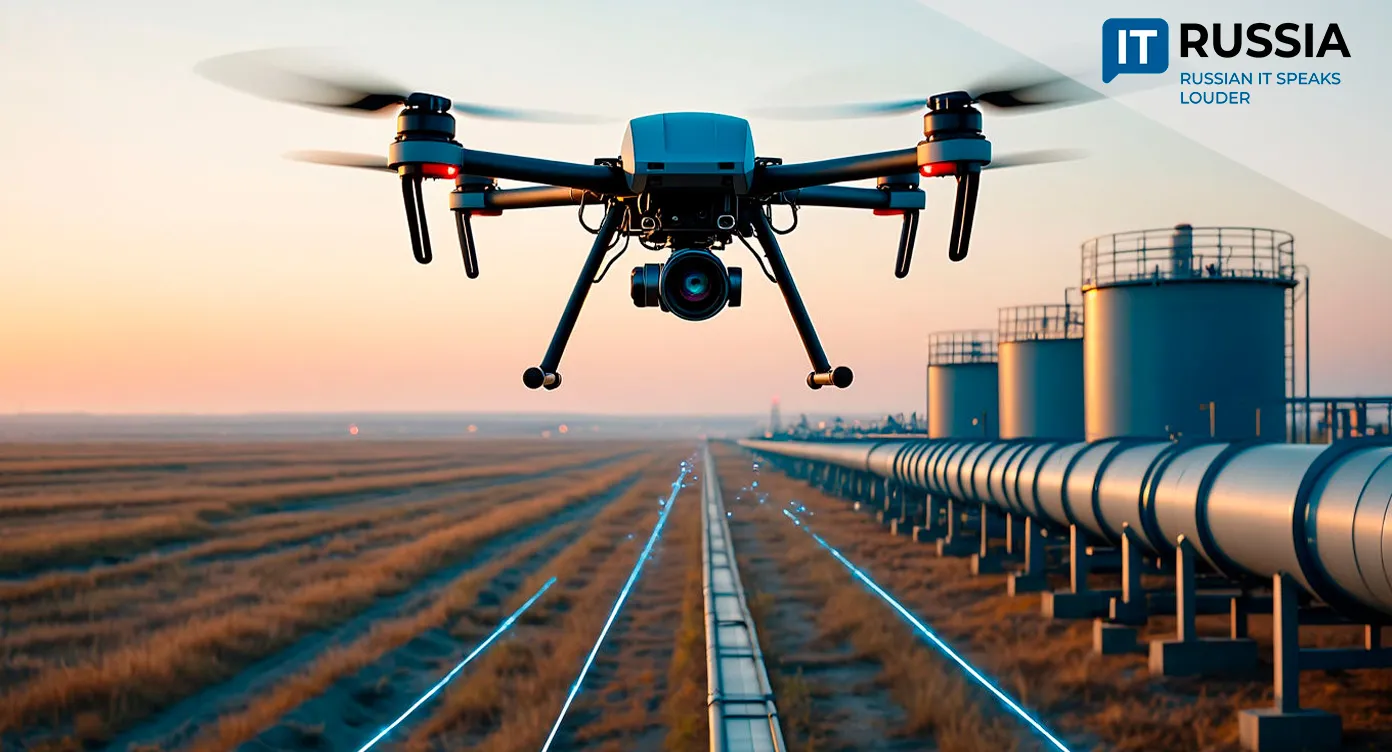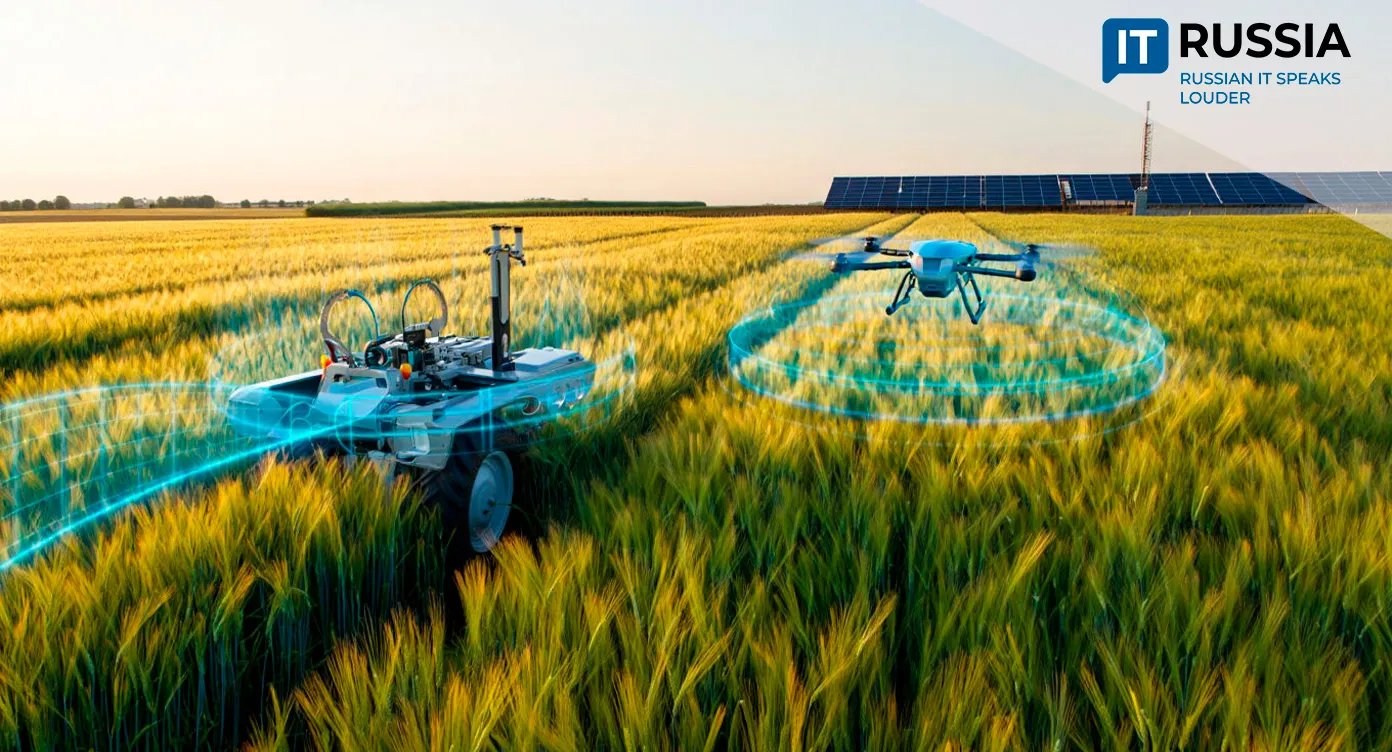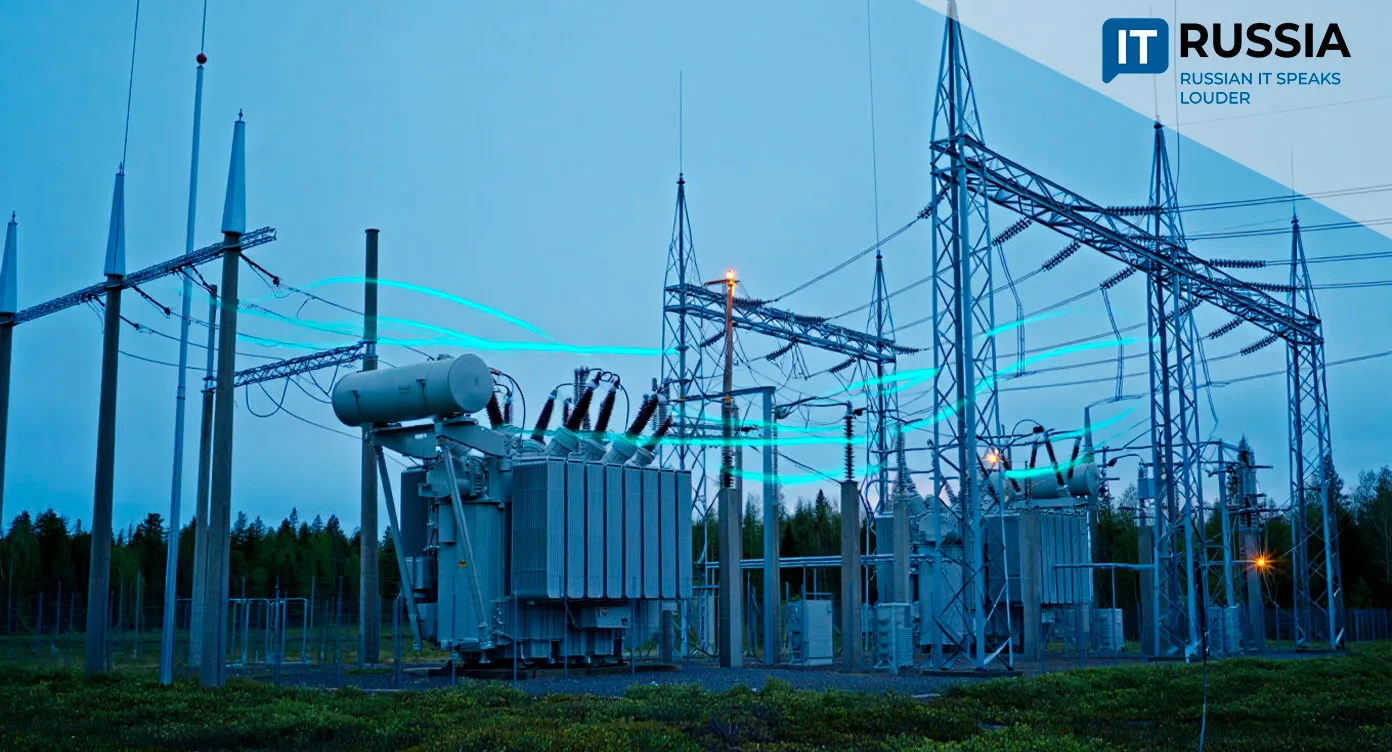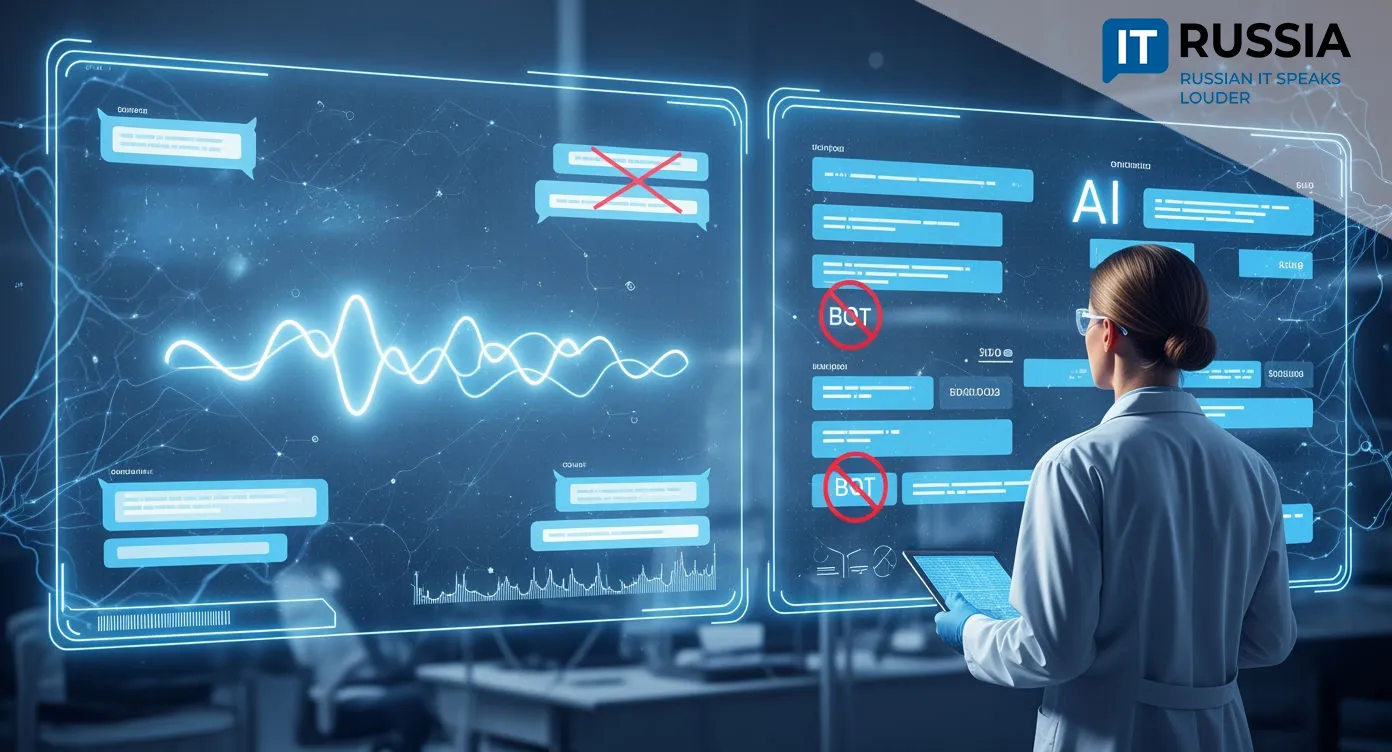Meet AIFA, the Financial Analyst
Russia is accelerating its push into AI-driven finance with AIFA, a multi-agent financial analysis system developed by Sberbank in partnership with the Artificial Intelligence Research Institute. The prototype demonstrates how automated intelligence can compress hours of financial review into minutes.

Five Minutes Instead of Six Hours
AIFA can analyze hundreds of pages of financial reporting under IFRS standards within minutes. The system focuses on 77 indicators, tracking trends and identifying reasons behind changes before generating a full analytical conclusion. Human analysts typically spend around six hours on the same task.
The model is built on the Russian-language GigaChat neural network and trained using insights from the New Economic School and SberCIB Investment Research experts. Optical character recognition allows it to read PDF reports. AIFA will be presented at the AI Journey conference taking place November 19–21.

A New Approach to Investments
Sberbank Deputy Chairman Taras Skvortsov states that AIFA currently achieves 89% accuracy, with improvements expected as training continues. Its adoption could fundamentally reshape investment analysis — a core process behind financial decision-making.
For the financial sector, this means drastically reduced time and labor costs, combined with higher accuracy and scalability. For investors, it offers access to high-quality analytics at unprecedented speed. Systems like AIFA highlight the maturity of Russia’s AI ecosystem and open opportunities for the country to secure a position in the global fintech market, where automated AI-driven reporting analysis is emerging as its own service segment.
Analyzing Hidden Connections
Issuers publish financial reports under IFRS and Russian Accounting Standards. Sber specialists expect AIFA to learn how to process Russian accounting reports by 2026, and later U.S. GAAP.
For investors, this is a critical capability — as is the ability to interpret background news events that indirectly influence results. AIFA will be trained for that as well. Sber’s multi-agent system could eventually extend beyond banking and capital markets. Regulatory bodies like the Bank of Russia or the Federal Financial Monitoring Service could use AI agents for reporting analysis and risk identification.

Thanks to its universality, the system can be adapted across jurisdictions. SaaS and licensing models could bring it to markets in the Eurasian Economic Union, BRICS countries, and the Middle East, where demand for non-Western AI solutions is growing.
Banking AI Evolution
Russian fintech has been integrating AI into its operations for several years. In 2023, Tinkoff launched Russia’s first AI assistant for investors. Sber introduced the GigaChat neural model, migrated its virtual assistant ‘Salute’ to it, and began promoting its human-centric AI strategy. DOM.RF adopted AI to analyze real estate data.

These cases form the technological foundation for systems like AIFA. AIFA is a product of the digital economy. By 2028, it may become as common in financial infrastructure as electronic reporting or online banking. Russia could be a major player in this emerging global reality.










